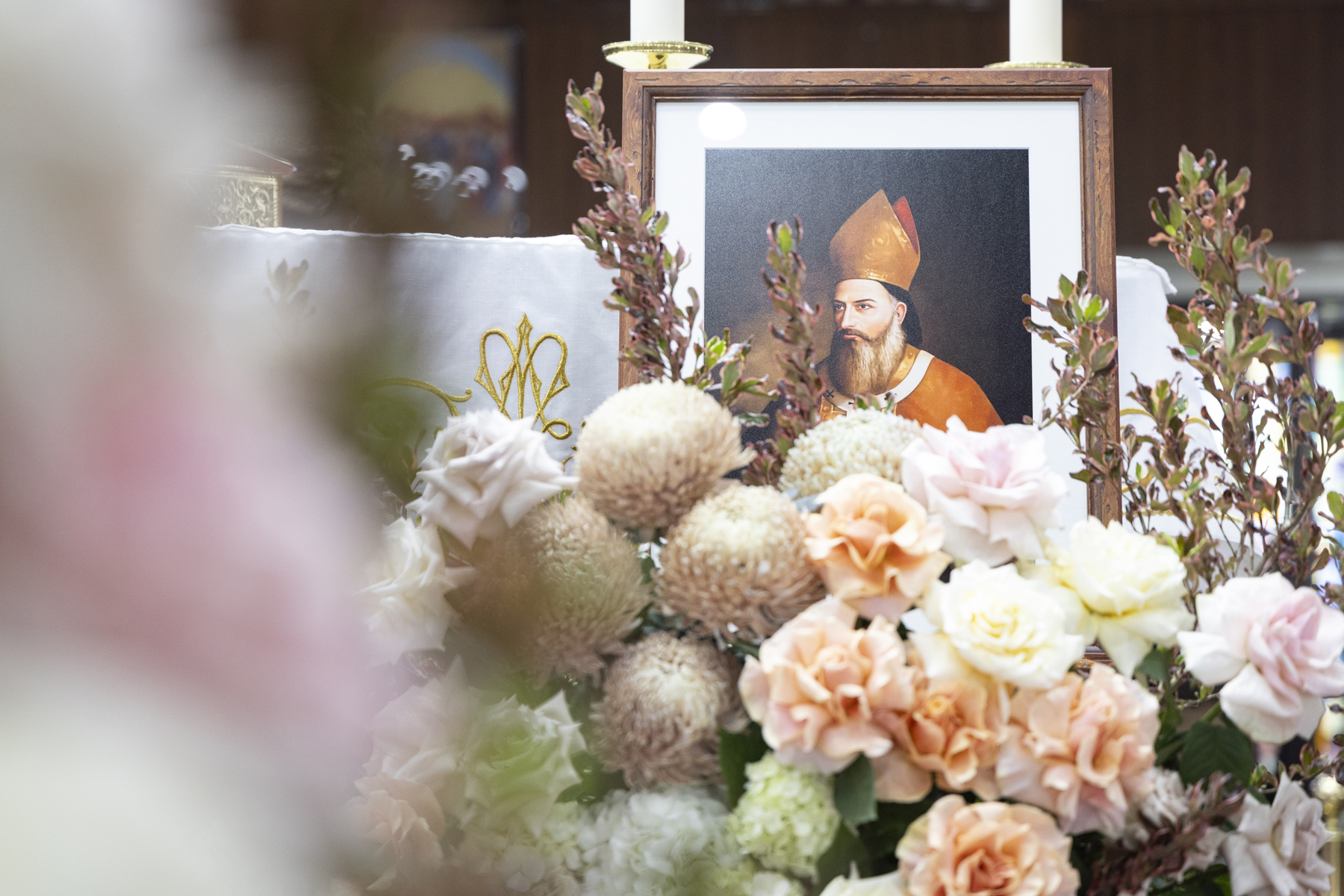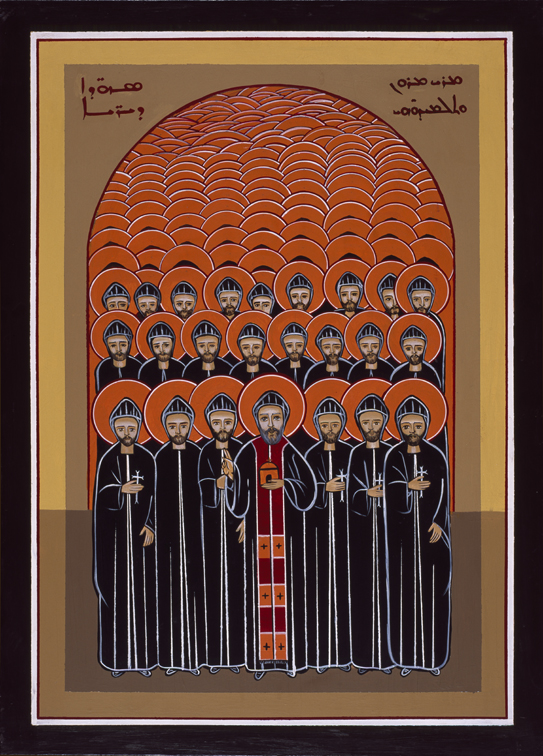
John the Solitary, a fifth-century monk of Apamaea (in Syria), was the first of the Syriac Fathers to provide a systematic treatment on the spiritual life.
He, like other mystics of the East and West, categorised spiritual development in three stages that, as Chorbishop Seeley Beggiani says, amount to “a spirituality of hope” in the future resurrection.
The Solitary named the stages of the spiritual ascent the “somatic,” “psychical,” and “pneumatic.” These stages are based on perfecting the whole human person’s body, soul, and spirit.
For the Solitary, the first stage of the spiritual life, the somatic (bodily) order, is characterised by bodily passions, or enticements of the flesh. It concerns the state of the human person prior to the experience of hope.
Like infants whose concern is for material needs alone, corporeal man is subjected to the lures of the visible world. The threefold faculties of man, at this stage, function disharmoniously.
The passions rule the body, the soul is bombarded with evil thoughts, and life according to the Spirit is disregarded.
In this stage, whatever relationship with God man does manage to preserve is shallow and self-seeking. He neither experiences life-transforming repentance, nor does he manage to raise his mind in prayer without being occupied with mundane desires. He is simply unable to penetrate the mystery of God.
However, the hope of new life in the world to come enables man to transcend his passions and his attachment to the visible world. John, therefore, instructs the somatic man: “Apply yourself to understand the future hope [of the resurrection], and you will master your passions.”
Once this hope in the resurrection strikes a man, he is awakened. He begins to doubt his own ability and starts instead to rely prayerfully on God’s charity for assistance, opening himself up towards progression to the next spiritual stage.
This next stage is the psychical stage (psyche being the Greek word for soul). The psychical stage involves the shunning of a bodily lifestyle and the fulfilment of the activity of the soul, which is the embracement of virtuous action.
Notwithstanding obedience to the commandments and the nurturing of virtue, the psychical man is still confined to the visible world.
This man is victim to distraction, and his understanding is unable to penetrate matters of the higher, spiritual order. The psychical stage, therefore, is characterised as an intermediate phase between the animal-like subjection to the body of the somatic order, and the perfect, angel-like life in the spirit that awaits the sanctified in the world to come.
The psychical man is dangerously inclined to “mental pride.” He can be tempted to think that the imperfect level of virtue he has legitimately attained is the fullness of human perfection.
He lacks true charity, and so needs to undergo an arduous period of asceticism, fasting, instruction in the truth of Scripture, and the practice of quiet stillness.
However, with deepened hope in God and the promise of resurrection, the psychical man trusts that, with God’s grace, deepening conversion and detachment is indeed possible.
Upon receiving such grace, the person is able to ascend to the zenith of the spiritual life—the pneumatic (spiritual) stage. In this stage, man’s higher faculty, the spirit, is filled with, and dominated by the Spirit of God.
John the Solitary characterises this stage as, “spiritual detachment … the surrender of one’s opinions,” and the vision of “a mystery which is not able to be defined.”
Here, man simply rests in God’s transformative holiness, without the utterance of words. He is gratuitously infused with God’s love and wisdom to the point of becoming “a sharer in the mystery of God.”
Detached from all things worldly, the pneumatic person, in all his faculties, is totally enraptured by the unfathomable love and wisdom of God while still on earth.
Peace, humility, magnanimity of heart, charity towards neighbour, freedom from hindering attachments and vices, and a stable silence of heart, all characterise this stage of intimate communion with the Trinity.
However, according to the Solitary, even this blissful participation in the divine life is not the culmination of the spiritual life.
The spiritual ascent to pneumatic spirituality is ultimately ordered to one’s own resurrection in the body, for that, being a participant in Christ’s resurrection, is the cause of all hope.
With the eyes of faith, pneumatic man sees, here and now, the dawn of future glory in which he hopes. Participation in Christ’s resurrection, immersing him in the divine life, is the motive for his spiritual struggle; it is the reason for his threefold ascent in hope.
With eyes firmly fixed on the resurrection, may we all commit to making this ascent to God ourselves; for in this lies our hope and our perfection!
Dominic Altakchy is a seminarian of the Maronite Eparchy of Australia, New Zealand and Oceania.
Photo Credit: The ladder of Divine Ascent Monastery of St Catherine Sinai 12th century. Creative Commons.




